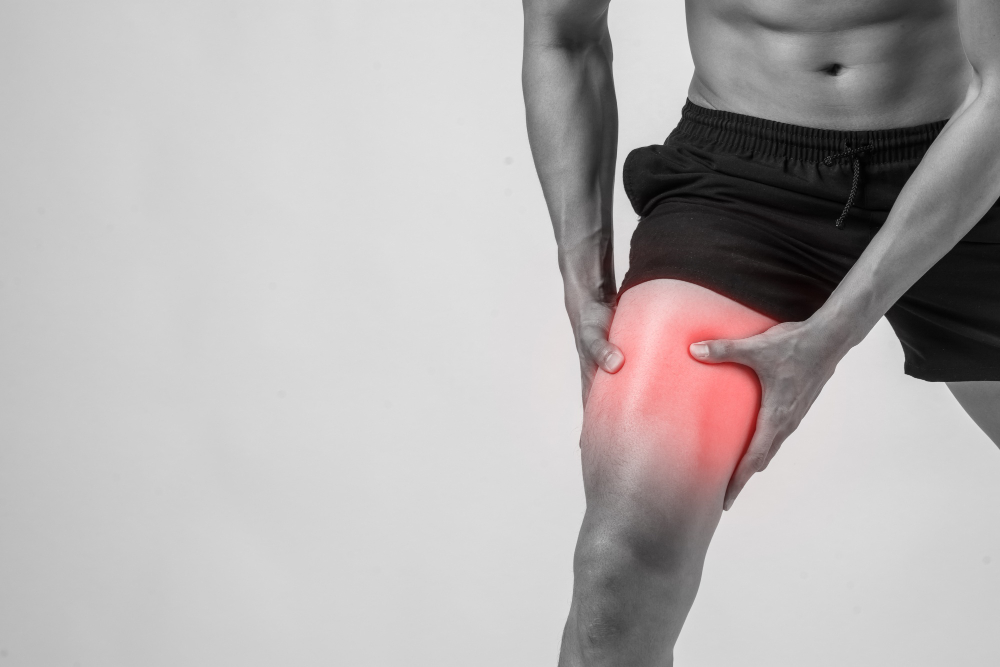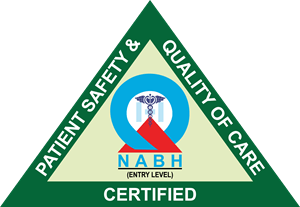Knee Pain
What Is Knee Pain ?
Knee pain is a common complaint that affects people of all ages. Knee pain may be the result of an injury, such as a ruptured ligament or torn cartilage. Medical conditions — including arthritis, gout and infections — also can cause knee pain. Many types of minor knee pain respond well to self-care measures. Physical therapy and knee braces also can help relieve pain. In some cases, however, your knee may require surgical repair. A knee injury can affect any of the ligaments, tendons or fluid-filled sacs (bursae) that surround your knee joint as well as the bones, cartilage and ligaments that form the joint itself . Patellofemoral pain syndrome is a general term that refers to pain arising between the kneecap and the underlying thighbone. It's common in athletes; in young adults, especially those whose kneecap doesn't track properly in its groove; and in older adults, who usually develop the condition as a result of arthritis of the kneecap.

What Is The Main Cause Of Knee Pain ?
Knee pain can arise from various factors, including injuries like ligament tears, meniscus damage, or fractures. Overuse and repetitive strain, especially in athletes, can lead to discomfort. Underlying conditions such as osteoarthritis, rheumatoid arthritis, or tendinitis can cause chronic pain. Structural issues like misalignment or patellar tracking problems might contribute. Excess weight and lack of muscle support can stress the knee joint. Age-related degeneration is also common. Accidents or sudden twists can trigger acute pain. Proper diagnosis through medical evaluation is essential to determine the precise cause and establish a targeted treatment plan, often involving a combination of rest, exercises, medications, and in some cases, surgery.
What Is Treatment ?
Knee pain treatment hinges on the underlying cause and severity. Rest, ice, compression, and elevation (RICE) can help manage acute pain. Physical therapy strengthens muscles and improves joint stability. Pain relievers and anti-inflammatory medications provide relief. In cases of ligament or meniscus injuries, surgical intervention might be necessary. Lifestyle changes like weight management and proper footwear reduce stress on the knees. Supportive braces or orthotics can aid alignment. For arthritis, medications, injections, and therapies ease symptoms. Advanced cases might require joint replacement surgery. Customized treatment plans, designed with healthcare professionals, encompass a range of approaches to alleviate pain, enhance mobility, and improve overall knee health.
Clinical Services
Facilities
24 Hours Services



